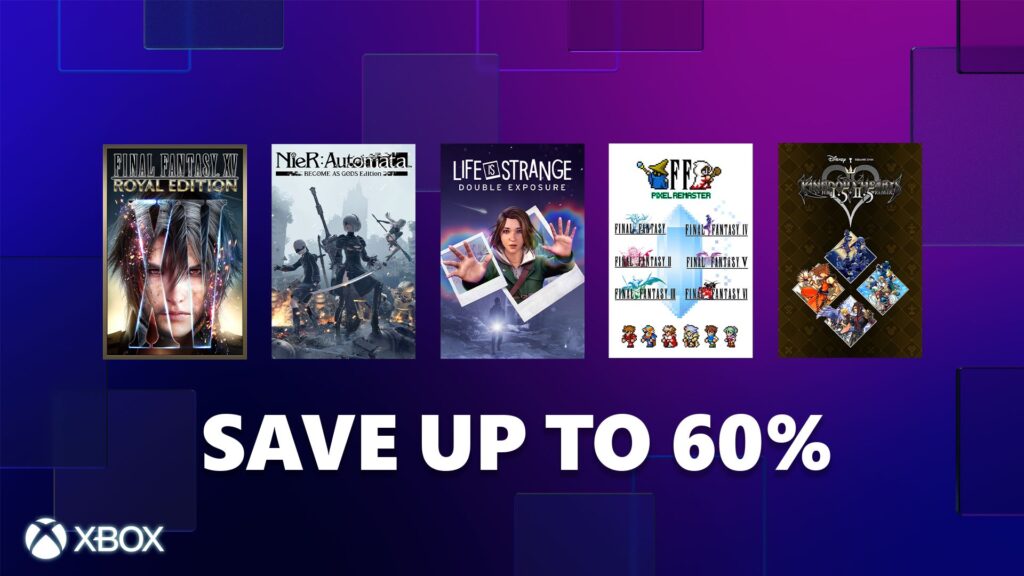How Zoo Tycoon Became a Fully-Licensed Xbox Board Game
“It sounds crazy but, even as a 10 year-old boy, I started to design my first zoo board game.” Zoo Tycoon: The Board Game might be a new project – both for designers Marc Dür & Samuel Luterbacher, and for Xbox Game Studios – but it’s been an idea Dür has been waiting to realize for a very long time.
It’s not an exaggeration when I say that inventing a zoo board game was always my dream.
“At the end of high school, for my final project, I decided to make a new zoo board game. It wasn’t the perfect game, but an improvement from my first try. For my bachelor and masters thesis in economics, I worked on statistics related to zoos and was even able to publish a paper. You see, the idea of connecting my two passions – board games and zoos – has been around for quite a while… Thus, it’s not an exaggeration when I say that inventing a zoo board game was always my dream.”
Zoo Tycoon: The Board Game is the end result of that dream. This tabletop translation of the classic simulation series is a fully licensed adaptation, created by Dür and the team at board game publisher Treecer, and aims to replicate the full game experience in a new form. Caring for and breeding animals, managing the zoo, building a park (through some very colorful tiles), focusing on conservation – all of this is recreated as a 1-4 player board game.
Of course, the transition to your tabletop comes with some key changes. Of course, the biggest is that, while you can play solo, this can also be a competitive multiplayer game – but if anything you’ll also be doing more management here:
“The big advantage a video game has is that a lot of automation is happening in the background,” says Dür. “With board games, randomness must be actively incorporated with the help of dice, card drawing and other mechanics. Thus, I would say in Zoo Tycoon: The Board Game, the players will be managing more things by themselves instead of the computer.”
“The big advantage a video game has is that a lot of automation is happening in the background,” says Dür. “With board games, randomness must be actively incorporated with the help of dice, card drawing and other mechanics. Thus, I would say in Zoo Tycoon: The Board Game, the players will be managing more things by themselves instead of the computer.”
Board game adaptations of video games are no surprise at this point, but where many of the notable examples focus on recreating combat, this is a very different proposition. Treecer’s pitch to Xbox Game Studios executive producer Robert Jerauld was enough to convince him that this unusual idea was the right direction:
“Following a brief discussion and assessment, it became evident that Treecer was the perfect partner for this endeavor,” he explains. “The concept of a simulation game, particularly Zoo Tycoon, seamlessly aligns with the format of a board game. The fundamental aspects of Zoo Tycoon—the construction of exhibits, animal care, and attracting visitors—all harmonize well within a board game’s framework.”
The result is a big game. Players begin with an empty park and some money, and then have seven rounds to create the perfect park. Each round allows them to find animals on the market (there are 34 different types in total, all represented by some beautifully crafted meeple figures), create attractions, care for their menagerie (every animal has to be kept happy in multiple ways) and ultimately attempt to score points on two scales, Conservation and Popularity. Just focusing on one won’t be enough, creating a risk-reward framework for players that can change every time you play.
That constant change in the structure is key to what Treecer’s trying to achieve. “What’s very unique with Zoo Tycoon: The Board Game is that in each round, the supply and demand of animals on the global Zoo network is randomly changing through a new and unique mechanism,” explains Dür. “Thus, it’s not possible to always get your favorite animals in a fixed order of sequence. It’s almost certain that you will need to go with alternative animals that you didn’t have in mind from the beginning. This gives the game a high replay value and makes it very unique compared to other board games.”
That pitch wasn’t just successful with Microsoft, but with the public – a Kickstarter campaign garnered more than seven times its original goal – and Treecer has been showing off the final results at Spiel Essen, the world’s biggest board game convention.
In part, that popularity comes through how well-pitched this game is. It’s a unique enough design to capture the minds of board game fans, but a faithful enough adaptation to inspire nostalgia for longtime fans of the video game series. “Above all, it stands as an exceptional board game,” enthuses Jerauld. “It presents a wonderful chance for new enthusiasts to delve into the franchise, while also serving as a gesture of appreciation to the already devoted and enthusiastic Zoo Tycoon fanbase.”
It also represents a potential new avenue for Xbox Game Studios to please fans of its series. Zoo Tycoon hasn’t seen a new entry in some time, meaning this stands as a major moment for the franchise:
“It’s crucial to recognize that even if certain franchises aren’t currently undergoing active development, they can still be actively appreciated by their fans. Zoo Tycoon serves as a prime illustration of this. It presents a valuable chance for Microsoft to extend gratitude to the dedicated and ardent Zoo Tycoon fans who have worked tirelessly to sustain the game’s enchantment. We acknowledge your dedication and deeply appreciate you,” says Jerauld.
Which leaves us with a key question – does this mean we could see more Xbox Game Studios franchises become board games in future, extending their lifespan in new formats? Jerauld’s answer is simple: “Yes!”
Related Stories for “How Zoo Tycoon Became a Fully-Licensed Xbox Board Game”
The post How Zoo Tycoon Became a Fully-Licensed Xbox Board Game appeared first on Xbox Wire.








